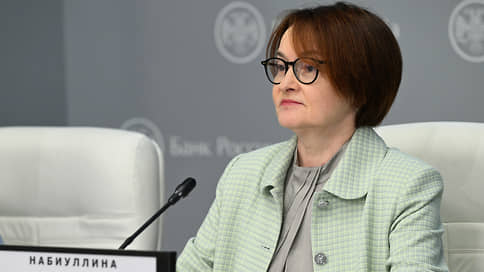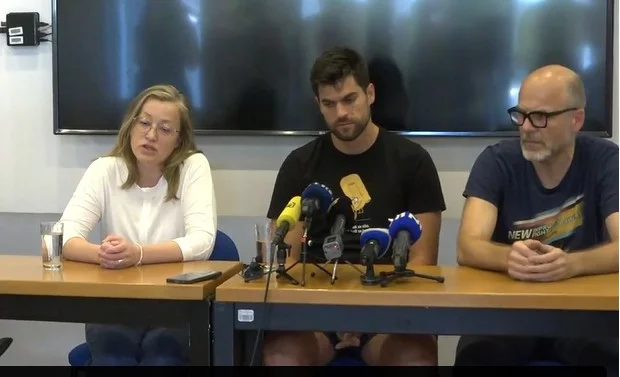« We are turning the Bolsonaro page » – Liberation

David byrne himself had not resisted it, inviting her to « Duetter » with her in the late 1980s. Margareth Menezes, carnival singer, sambist, actress became, in 2023, the first black woman Minister of Culture in Brazil. The star and activist takes up the challenge of rebuilding an area targeted by the far right during the Bolsonaro years. Release met with her when she arrived on Wednesday June 4 in Paris, where President Lula Da Silva began an official visit.
What is the goal of your arrival with Lula?
I am here to renew a cultural cooperation agreement which dates from the 1940s. In the era of digital and social networks, an update is essential. With President Lula, Brazil is back in international relations, unit by its predecessor. This year we are celebrating the bicentenary of our diplomatic relations with France. The cross season was opened in April by Our famous singer SOI JORGE. Until September, around fifty cities in France will host some 300 Brazilian cultural events. Then it will be Brazil’s turn to receive French artists. Lula has a lot of affinities with Emmanuel Macron, divergences too, of course, but always with mutual respect (Allusion to execrable relations between Bolsonaro and Macron, editor’s note). His initiatives in favor of peace and the fight against hunger meet an important echo in the world.
Last month, you were present at the film marketon the sidelines of the Cannes Film Festival, to promote Brazilian audiovisual production. What assessment do you draw from it?
Brazil was the country in the spotlight. We worked for two years to happen. It was important to insert our production into the international circuit. Some 400 professionals answered the ministry’s call for projects. We are still waiting for the official figures, but I can already ensure that the business volume is considerable, which confirms that we are in a good phase. At the same time, the Cannes festival rewarded director Kleber Mendonça Filho (staging price) and the actor Wagner Moura (male interpretation price) For the secret agent. In March, the Oscar for best foreign film had been awarded to another Brazilian film, I’m still therefrom Walter Salles. These awards intervene in a context of international centrality in Brazil. Culture is an element of our soft power that can open new markets for us.
One of Lula’s first measures was to recreate the Ministry of Culture, which Bolsonaro had replaced with a simple secretariat. What was the inventory when you came to power?
In all the ministries, the internal mechanisms had been dismantled and the workforce, considerably reduced. At the Palmares Foundation, dedicated to Afro-Brazilian culture, even the locals were destroyed! The Ancine (National Cinema Agency), for its part, was infested with soldiers. Under Bolsonaro, some 8,000 soldiers occupied the public administration, without any qualification. The Ministry of Culture was created with the return of democracy, forty years ago, after the military dictatorship (Between 1964 and 1985). Since then, it has already been deleted three times! The objective is to perpetuate it by institutionalizing procedures, regulations … A country which has such cultural production cannot do without a dedicated ministry. We have started by recomposing our workforce, which however remain below those of 2016 (when the left had left power with The dismissal of Dilma Rousseff). We nevertheless succeeded in implementing strong policies and taking over those which had been dismantled. The reconstruction site is certainly not finished, but I can say that we are turning the page.
What means do your portfolio have?
In 2023, we obtained a record budget to launch the reconstruction site. This year, all the ministries were subjected to cuts (of the order of 5 billion euros in total), within the framework of a policy of budgetary balance. I fight so that we can maintain our actions anyway. I plead the cause of culture until the government. We also have a creation mechanism for creation (excluding cinema) via tax credits to companies that support projects: it is the Rouanet law.
What was the artist’s condition under Bolsonaro looks like ?
It was an open conflict! The government used the secretariat for culture to publicly insult the artistic class. Films have been censored. Throughout the pandemic of Covid-19, which very strongly impacted the culture, we were kept in dry bread. The congress had to legislate to impose support measures, but the president refused to take them.
The current boss of the Ancine was appointed by Bolsonaro, and his mandate ends until next year. Is it an obstacle to your efforts to relaunch cinema?
Not at all. Alex Braga is an ancine career civil servant. He fulfills his institutional role. We manage to build important actions, such as a more egalitarian distribution between regions of investments in cinema. Audiovisual industry support policies have returned. They notably enabled the expansion of the room network, the number of which now reaches a record. A hundred new rooms will soon open in municipalities where there are not. We also plant a video regulation project on demand, so that platforms invest in national production. In this area, France serves as a model.
Brazil is today a very divided country. Faced with the conservative political force of Bolsonarism, voices rise to call the cultural environment to dialogue. What do you think?
At the ministry, we are already leading a dialogue. Our mission is to develop policies to welcome the very great cultural diversity of a country with continental dimensions. We have taken a wide range of measures, and I must say that, even in a climate of cultural war, these measures are very well received. The membership rates of cities and states are around 100 %. The Rouanet law has been reformulated because investments were concentrated in the prosperous regions of the South and Southeast. We redirect them north, the favelas, the youth. We want to inoculate the consciousness of the transformative and emancipatory power of culture. Make it a way to generate income and employment, while fighting fascism.
Precisely by expanding social participation in the definition of cultural policies. All the ministry’s advisory bodies have been recreated, according to the criterion of gender parity and fair representation of the regions. The National Culture Conference (a roadmap for the sector) was held last year. More than 5,000 cities have sent delegates. If the extreme right has this narrow vision of who can or cannot do this or that thing, for us, everyone has an opportunity.
One of your predecessors is none other than the singer Gilberto Gil, who also served under Lula (between 2003 and 2008) before resigning to resume his career. As an artist, do you also live this dilemma?
I must admit that I miss it, the song. To sing, I have to leave my ministerial activities … but I am aware of the particular moment that we live. Like Gil in his timeI am on a mission for my country.
You feel that you have not enjoyed the same visibility as white artists who occur like you at the Salvador de Bahia carnival. Racism?
In Brazil, Racism is structural. We do not have the same opportunities (as whites). Even a century ago, a black, even free, was not allowed to study or have land. It is only now that there is a form of reparation, with quota policies in universities. More than half of the Brazilian population declares themselves black. However, you will see almost no blacks in places of power.








